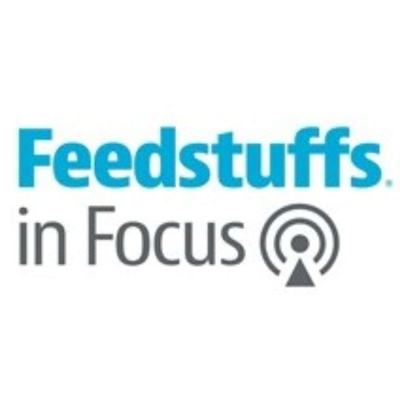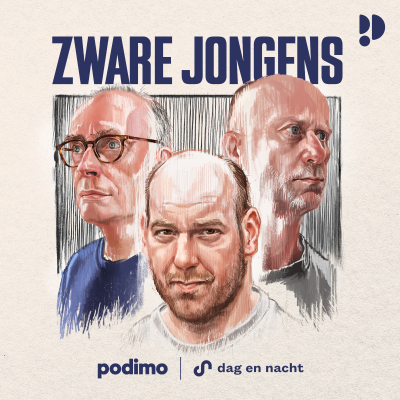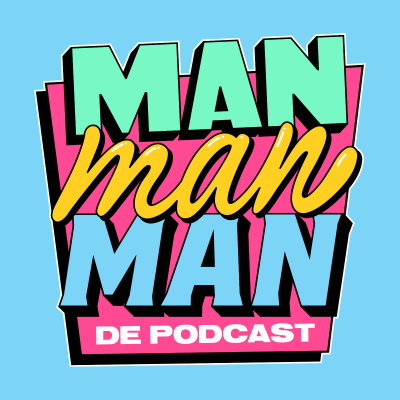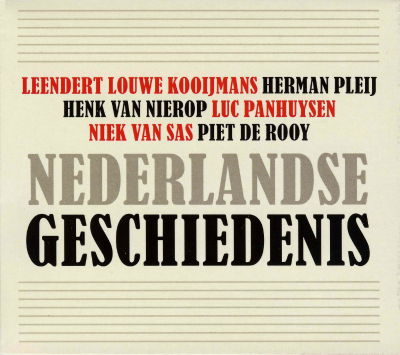
Feedstuffs in Focus
Podcast door Feedstuffs
Feedstuffs in Focus is a weekly look at the hot issues in the livestock, poultry, grain and feed industries. Join us as we talk with industry influencers, experts and leaders about trends and more. Feedstuffs in Focus is produced by the team at Feedstuffs.
Tijdelijke aanbieding
3 maanden voor € 1,00
Daarna € 9,99 / maandElk moment opzegbaar.
Alle afleveringen
303 afleveringenEvery summer, pig farmers face a frustrating reality: heat stress causes carcass weights to drop by 8-10 pounds precisely when market prices peak. But what if you could capture those lost pounds and the profits they represent? Dr. David Rosero of Iowa State University and Dr. Bart Borg of Passel Farms reveal game-changing strategies to combat the summer weight dip through strategic soybean meal utilization. Their research demonstrates that understanding the minimum effective levels of soybean meal for each growth phase can maximize pig performance even during challenging heat conditions. With current markets offering dollar-plus prices during summer months, producers stand to gain $3-4 per head by implementing these approaches. Beyond soybean meal, the experts share critical insights about ingredients that may worsen summer performance problems. High-fiber ingredients like corn DDGs can reduce feed intake during heat stress, further diminishing carcass weights. Making these nutritional decisions requires planning months ahead – typically December or January – for pigs marketed during summer. The researchers are developing new economic tools that integrate diet costs, animal performance data, and market forecasts to help producers make optimal feeding decisions. Don't let summer heat melt away your profits. Listen now to discover how strategic nutrition management can help you maintain growth performance when market prices are at their peak. Share this episode with fellow producers who struggle with seasonal production challenges and subscribe for more practical insights that directly impact your bottom line.
The agricultural landscape is evolving rapidly, and artificial intelligence (AI) stands at the forefront of this transformation. Jacqui Fatka, farm supply and biofuels economist with CoBank, takes us on a comprehensive journey through AI's emerging role in agricultural retail and farm supply cooperatives. Far from threatening the traditional relationships between farmers and their trusted advisors, AI offers powerful tools to strengthen these connections. As Fatka explains, "That relationship is paramount. Farmers really depend on that trusted partner with those ag retailers." The technology enables agronomists to develop more precise prescriptions, capture critical field observations, and respond proactively to emerging threats – all while preserving the human touch that agriculture demands. The accessibility of AI continues to grow, with entry points spanning from simple front-office applications to sophisticated supply chain optimization. Microsoft Teams' Co-Pilot feature, for instance, can streamline communication and documentation, while more advanced implementations might connect divisions within organizations that previously operated in silos. Fatka emphasizes the importance of privacy considerations and finding partners who truly understand agriculture's unique challenges rather than generic AI providers promising unrealistic returns. Perhaps most significantly, AI offers a solution to one of agriculture's persistent challenges: preserving institutional knowledge when experienced staff members retire or change positions. By capturing detailed customer profiles and operational insights, AI systems create continuity that benefits both businesses and the farmers they serve, especially in today's tight labor market. As Fatka notes, "The relationships and how you really lean into knowing that producer, that grower, having it captured in an AI system, allows that easy transition." Discover how this powerful technology is reshaping agricultural service delivery while honoring the human connections that remain at the heart of farming communities.
A Super Bowl commercial extolling "a world without cows" became the final straw for Alltech, spurring them to commission a documentary that would tell the real story of global animal agriculture. What emerged after three and a half years of investigation across 40 locations worldwide is a compelling narrative that's changing minds—even among non-agricultural audiences. "World Without Cows" takes viewers on a global journey examining the multifaceted role of cattle in our food systems, economies, and ecosystems. The documentary challenges prevailing narratives by presenting science-based facts gathered from diverse sources including ranchers, economists, nutritionists, and even vegans. It reveals surprising truths about how livestock contributes to carbon sequestration, provides essential nutrition to vulnerable populations, and sustains the livelihoods of millions worldwide. Though centrally focused on cattle, the documentary resonates deeply across all livestock sectors. As Lori Stevermer, a pig farmer and past president of the National Pork Producers Council explains, the core messages apply universally—whether discussing cows or pigs, the positive impacts on nutrition, rural communities, and environmental sustainability remain constant. The film has become a powerful tool helping producers "show up" and explain their practices to consumers and policymakers who may be disconnected from agricultural realities. Already translated into 19 languages and screened everywhere from financial institutions to parliamentary chambers, "World Without Cows" represents just the beginning of Alltech's commitment to science-based storytelling and advocacy, says Susanna Elliott of Alltech. Discover the documentary and join the conversation that's building bridges between producers and consumers, science and storytelling, at www.WorldWithoutCows.com.
Phibro Animal Health made a landmark move in the animal health industry with its recent acquisition of the medicated feed additive product portfolio and certain water-soluble products from Zoetis, Inc. This pivotal expansion marks a significant advancement in fulfilling the company's mission of optimizing global animal health for a more sustainable world. During our conversation at the World Pork Expo with Scott Fry, Director of Swine Business, and Larry Miller, Chief Operating Officer, we explored how this acquisition transforms Phibro's capabilities. The newly expanded portfolio brings scientifically validated products marketed in approximately 100 countries worldwide under Phibro's umbrella, complementing it existing offerings. What makes this development particularly exciting for swine producers is the comprehensive coverage it now provides across the entire production cycle. Phibro has traditionally excelled in solutions for the sow and nursery phases, but can now deliver expert support from birth through finishing. This complete approach combines medicated feed additives, branded nutrition products, customized autogenous vaccines, and mineral nutrition solutions —allowing producers to implement more integrated health management strategies tailored to its specific challenges. Discover how Phibro's expanded capabilities could transform your approach to livestock health management by visiting www.pahc.com or connecting with a Phibro representative.
A collaboration between the Angus Foundation and the Bezos Earth Fund and Global Methane Fund has sparked passionate debate throughout the cattle industry. At its heart lies a $4.85 million research grant focused on exploring genetic differences in methane production among cattle—but as we discover, this project represents far more than environmental concerns. Matt Perrier of Dalebanks Angus, whose family has ranched the same Kansas land since 1867, offers a producer's perspective on why this research matters. "Our interest is trying to find cows that do more with less," Perrier explains, highlighting that the primary motivation isn't climate change mitigation but identifying cattle that convert range forage more efficiently into meat and milk. The research builds upon promising work at land-grant universities suggesting that cattle emitting less methane may be retaining more energy for productive purposes. What makes this initiative particularly significant is how it bridges different worlds. For ranchers, it promises economic benefits through more efficient animals. For environmental groups, it offers potential methane reductions. The research structure ensures the beef industry maintains control of the data while accessing funding that would otherwise be unavailable—a pragmatic approach to advancing genetic selection tools that benefit producers first and foremost. Beyond the technical aspects, Perrier points to another valuable outcome: changing the conversation about cattle production. Rather than merely defending against environmental criticism, this research positions ranchers as proactive stewards willing to innovate. "We're as concerned about the environment as anybody," Perrier notes, "and that's why we're doing this." This forward-thinking approach may represent the next frontier in sustainable beef production, combining generations of ranching wisdom with cutting-edge science. Subscribe to our podcast for more insightful conversations about the challenges and opportunities shaping the future of agriculture!
Tijdelijke aanbieding
3 maanden voor € 1,00
Daarna € 9,99 / maandElk moment opzegbaar.
Exclusieve podcasts
Advertentievrij
Gratis podcasts
Luisterboeken
20 uur / maand

































